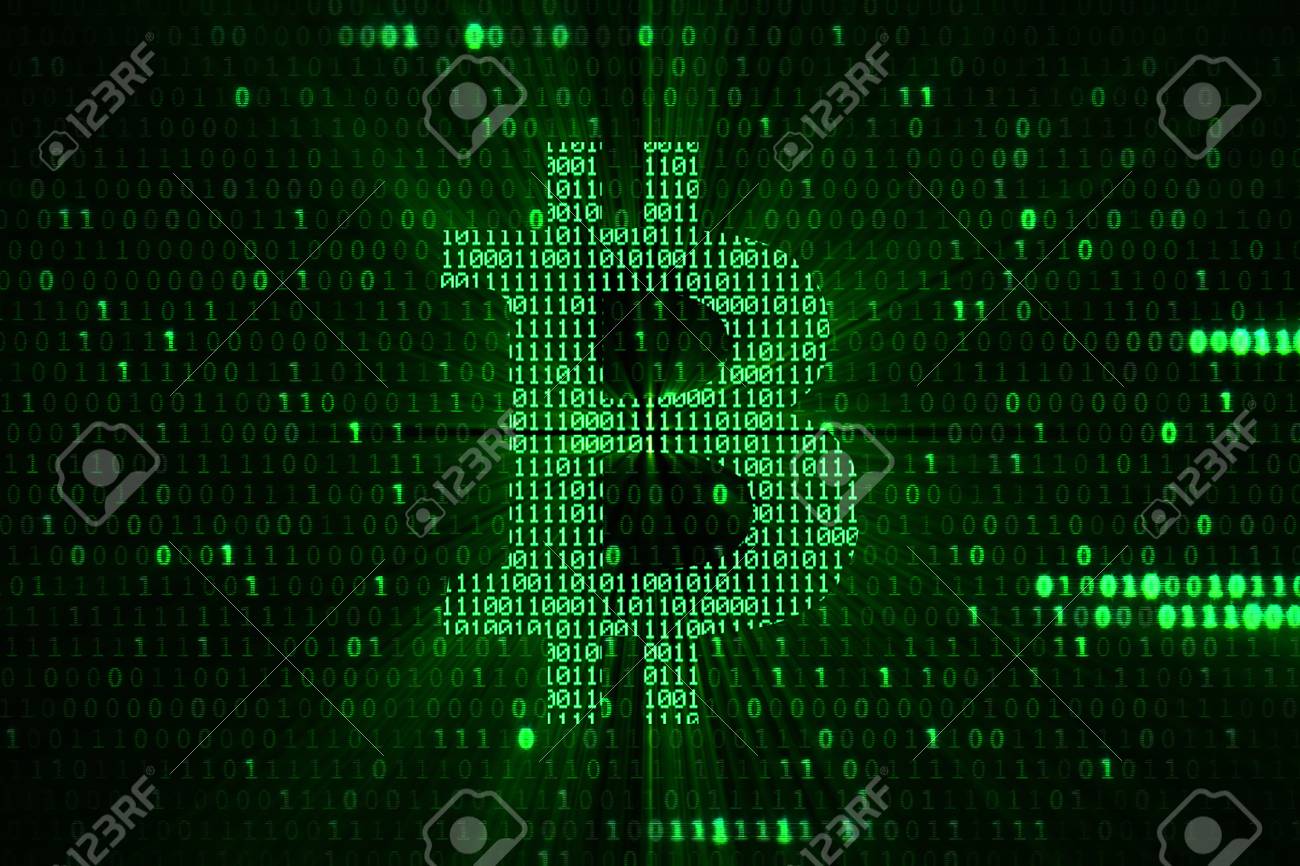Introduction to Blockchain Energy
Blockchain energy is transforming the global energy industry by combining decentralized technology with sustainable power solutions. As the world shifts toward renewable resources, blockchain energy offers transparency, efficiency, and trust in managing energy distribution. This innovation ensures that individuals, businesses, and governments can adopt greener strategies while reducing dependence on centralized power systems.
What is Blockchain Energy?
Blockchain energy refers to the use of blockchain technology in generating, distributing, and trading renewable energy. Unlike traditional centralized systems, blockchain energy operates on peer-to-peer networks. This allows producers and consumers to trade electricity securely without intermediaries. Blockchain energy creates a transparent ledger of transactions, ensuring accountability and preventing fraud in the energy sector.
The Role of Blockchain Energy in Decentralization
Decentralization is at the core of blockchain energy. Traditional power grids often rely on large utility companies that control generation and distribution. Blockchain energy empowers individuals and communities to produce their own electricity through solar panels, wind turbines, or other renewable resources. With blockchain energy platforms, users can trade surplus electricity directly with neighbors or businesses, making the system more resilient and efficient.
Blockchain Energy and Sustainability
Sustainability is a major concern in the energy industry, and blockchain energy provides innovative solutions. By integrating renewable power sources with blockchain energy systems, the carbon footprint of energy consumption can be reduced significantly. Blockchain energy ensures that clean energy certificates and carbon credits are tracked accurately, helping organizations meet sustainability goals. This approach supports global efforts to combat climate change.
Benefits of Blockchain Energy
The advantages of blockchain energy are numerous:
- Transparency: Every blockchain energy transaction is recorded on an immutable ledger.
- Efficiency: Blockchain energy eliminates the need for costly intermediaries in energy trading.
- Cost Savings: Consumers and producers benefit from reduced transaction fees.
- Trust: Blockchain energy ensures accountability in renewable energy production.
- Scalability: Blockchain energy systems can be adopted by both small communities and large corporations.
How Blockchain Energy Works in Real Life
Blockchain energy is already being implemented in smart grids and microgrids worldwide. For example, homeowners with solar panels can generate electricity and sell excess power to neighbors through blockchain energy platforms. Businesses can purchase verified renewable electricity using blockchain energy tokens. Governments can monitor and regulate blockchain energy systems to ensure compliance with sustainability laws.
Blockchain Energy and Peer-to-Peer Trading
One of the most revolutionary aspects of blockchain energy is peer-to-peer trading. Traditional electricity markets often make it difficult for individuals to participate. Blockchain energy platforms allow consumers to buy energy directly from renewable producers. This decentralized trading model makes blockchain energy more accessible, fair, and efficient.
Challenges Facing Blockchain Energy
While blockchain energy has great potential, it faces some challenges:
- Regulatory Barriers: Many countries lack clear rules for blockchain energy trading.
- Technology Adoption: Implementing blockchain energy requires smart meters and digital infrastructure.
- Energy Costs: Running blockchain energy systems can be resource-intensive.
- Market Acceptance: Wider adoption of blockchain energy depends on awareness and trust.
Blockchain Energy and the Future of Smart Cities
Blockchain energy is essential for building smart cities powered by renewable energy. In these cities, blockchain energy enables connected devices, electric vehicles, and homes to share power seamlessly. Smart contracts within blockchain energy systems automate energy trading and payments, reducing human error and administrative costs. This makes blockchain energy a backbone for sustainable urban development.
The Global Impact of Blockchain Energy
Blockchain energy has the potential to reshape the global economy. Developing countries can benefit from decentralized blockchain energy systems to reduce reliance on unstable power grids. International companies can ensure that their energy sources are renewable and verified through blockchain energy certificates. With widespread adoption, blockchain energy could play a key role in reaching international climate targets.
Blockchain Energy and Renewable Innovation
As renewable technologies evolve, blockchain energy will integrate with innovations like solar farms, wind parks, and hydroelectric projects. Blockchain energy systems ensure that renewable power generation is transparent, traceable, and fairly traded. This will accelerate the global transition away from fossil fuels, making blockchain energy central to the clean energy revolution.
The Role of Blockchain Energy in Empowering Consumers
Blockchain energy empowers consumers to become prosumers—both producers and consumers of electricity. Instead of passively relying on utility companies, individuals can generate and sell their own electricity through blockchain energy networks. This creates economic opportunities while promoting sustainability. Blockchain energy also gives consumers control over their energy choices, ensuring transparency and fairness.
Conclusion: The Future Belongs to Blockchain Energy
Blockchain energy is more than a trend; it is the foundation of a new decentralized and sustainable energy era. By merging blockchain technology with renewable resources, blockchain energy ensures transparency, efficiency, and accessibility. Despite challenges, the potential of blockchain energy to reshape the energy landscape is undeniable. As societies move toward greener futures, blockchain energy will play a crucial role in delivering reliable, sustainable, and decentralized power solutions.





